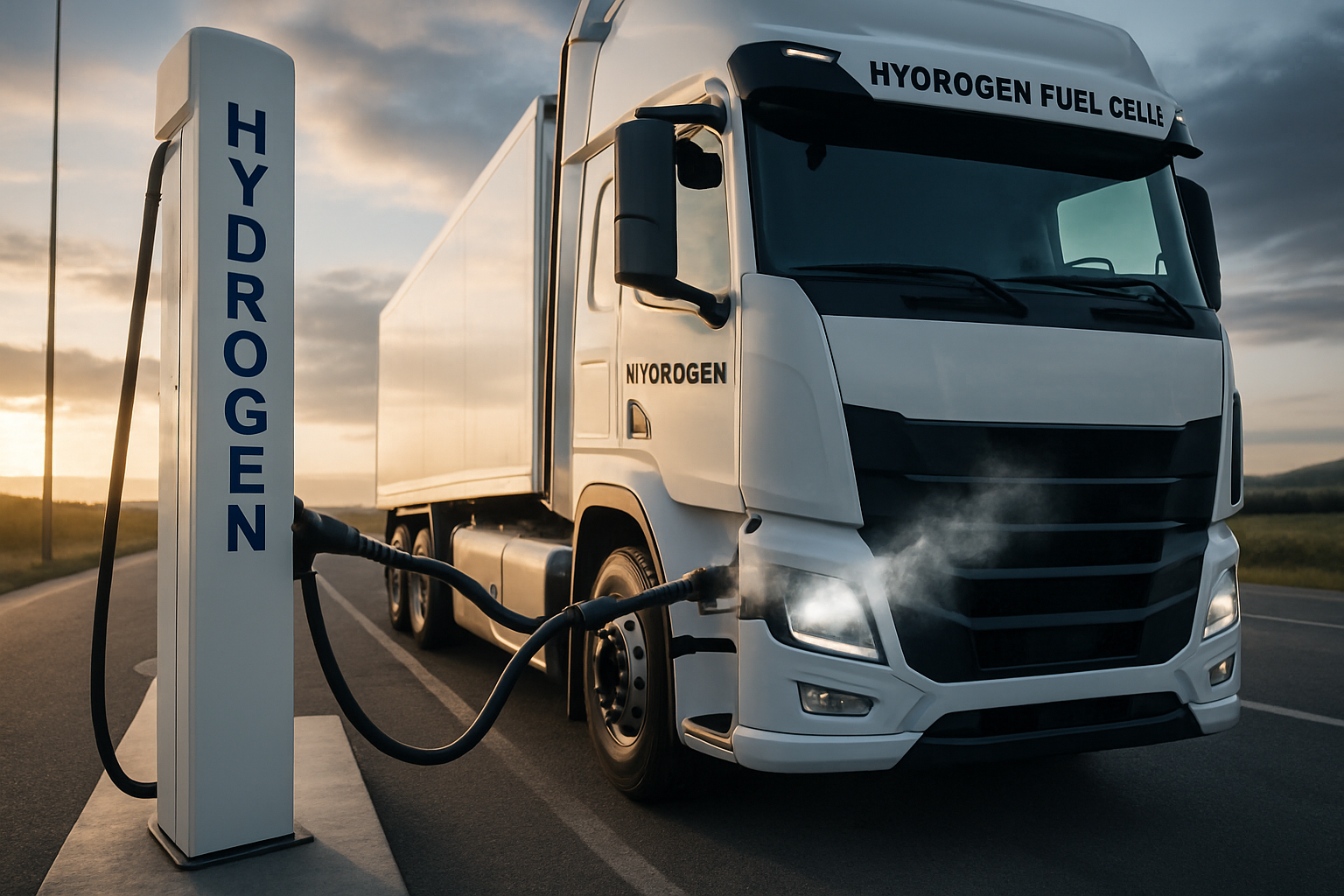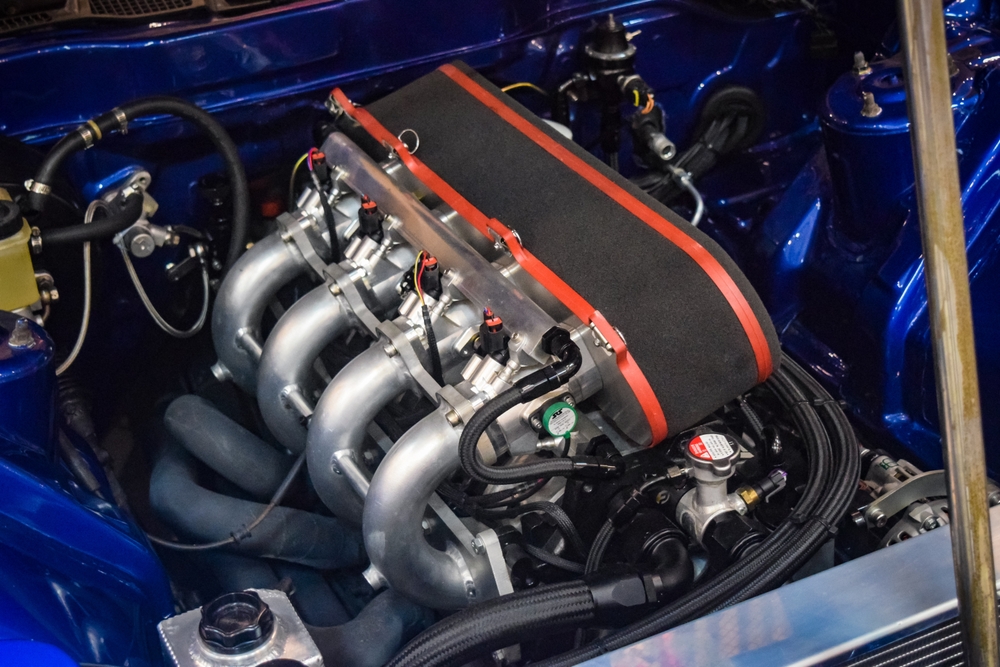Hydrogen Fuel Cells: The Quiet Revolution in Heavy-Duty Transport
Imagine a world where massive trucks silently glide along highways, emitting nothing but water vapor. This isn't science fiction—it's the promise of hydrogen fuel cell technology in heavy-duty transport. As the automotive industry grapples with environmental concerns, hydrogen emerges as a potent solution for long-haul trucking and industrial vehicles. Let's dive into this transformative technology that's reshaping the future of transportation.

Historical Context and Development
The concept of fuel cells dates back to 1838 when Welsh physicist William Grove first demonstrated the technology. However, it wasn’t until the mid-20th century that NASA’s space program brought fuel cells into practical use, powering spacecraft on long missions. The automotive industry began serious research into hydrogen fuel cells in the 1990s, with major manufacturers investing heavily in development programs. Early prototypes faced challenges in storage, infrastructure, and cost, but recent advancements have made hydrogen fuel cells increasingly viable for commercial applications, especially in the heavy-duty sector.
Advantages in Heavy-Duty Transport
Hydrogen fuel cells offer several distinct advantages for heavy-duty vehicles. First and foremost is their long range—fuel cell trucks can travel up to 1,000 kilometers on a single tank, rivaling diesel counterparts. Refueling takes minutes, not hours, addressing a major drawback of battery-electric alternatives. The high energy density of hydrogen also means fuel cell systems don’t compromise payload capacity, a crucial factor for freight operators. Moreover, fuel cells maintain consistent performance in extreme temperatures, unlike batteries which can suffer in cold climates.
Infrastructure and Production Challenges
Despite its promise, widespread adoption of hydrogen fuel cells faces significant hurdles. The most pressing is the lack of refueling infrastructure. Building a network of hydrogen stations requires substantial investment, though several countries are making strides in this area. Another challenge lies in hydrogen production. While hydrogen is abundant, extracting it in a carbon-neutral manner remains complex. Green hydrogen, produced using renewable energy, offers a sustainable solution but is currently more expensive than fossil fuel alternatives. However, as production scales up and technologies improve, costs are expected to decrease significantly.
Industry Partnerships and Pilot Programs
Major truck manufacturers are forging ahead with hydrogen fuel cell programs. Companies like Daimler, Volvo, and Hyundai have formed partnerships and launched pilot projects to test fuel cell trucks in real-world conditions. These initiatives are crucial for gathering data on performance, reliability, and operational costs. Governments are also playing a role, offering incentives and funding research to accelerate development. In Europe, the H2Haul project aims to deploy fuel cell trucks across several countries, while in the United States, the California Fuel Cell Partnership is working to establish a hydrogen highway network.
Environmental Impact and Sustainability
The environmental benefits of hydrogen fuel cells in heavy-duty transport are potentially game-changing. With zero tailpipe emissions, these vehicles could dramatically reduce the transport sector’s carbon footprint. However, the overall environmental impact depends on how the hydrogen is produced. Green hydrogen, derived from renewable sources, offers a truly sustainable solution. As countries increasingly shift towards renewable energy, the potential for clean hydrogen production grows. This synergy between renewable energy and hydrogen fuel cells could pave the way for a truly zero-emission transport system.
Economic Implications and Market Projections
The economic landscape for hydrogen fuel cells is evolving rapidly. While initial costs remain high, economies of scale and technological improvements are expected to drive down prices. Analysts project that fuel cell trucks could achieve cost parity with diesel vehicles by 2030 in certain markets. This shift could reshape the trucking industry, potentially leading to new business models and supply chain configurations. Moreover, the growth of the hydrogen economy could create new jobs in manufacturing, infrastructure development, and maintenance.
Conclusion: A Hydrogen-Powered Future?
Hydrogen fuel cells represent a promising pathway for decarbonizing heavy-duty transport. While challenges remain, the technology’s potential benefits—long range, fast refueling, and zero emissions—make it an attractive option for fleet operators and policymakers alike. As infrastructure expands and costs decrease, we may well see a quiet revolution on our highways, with hydrogen-powered trucks leading the charge towards a cleaner, more sustainable future in transportation.





